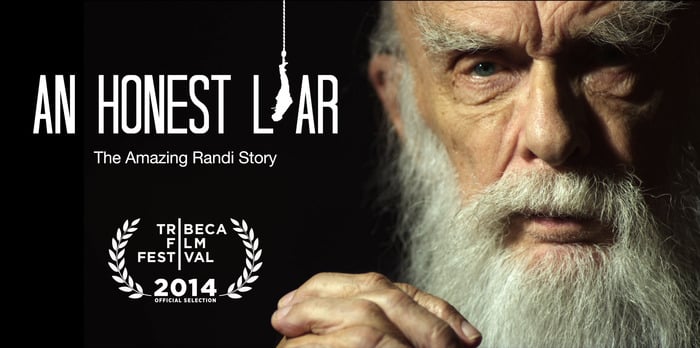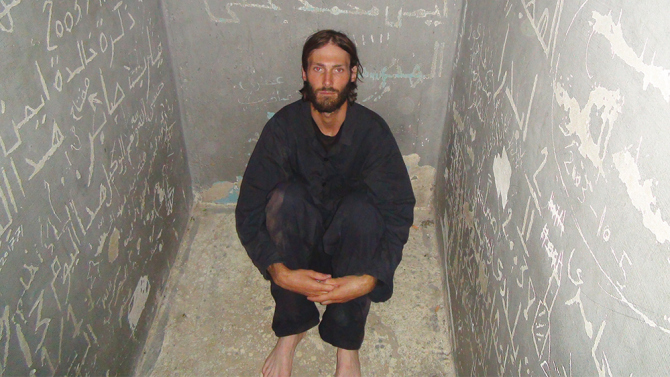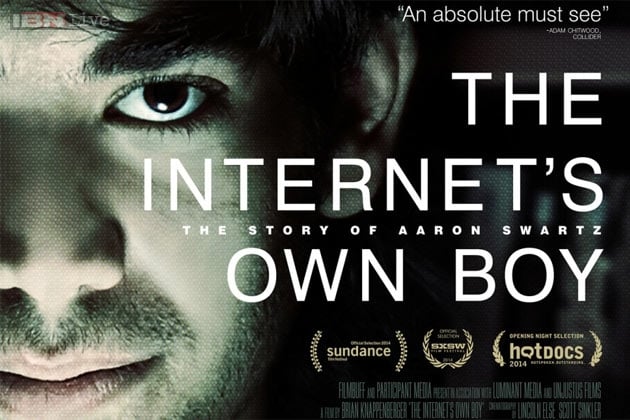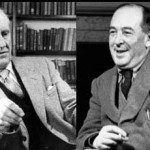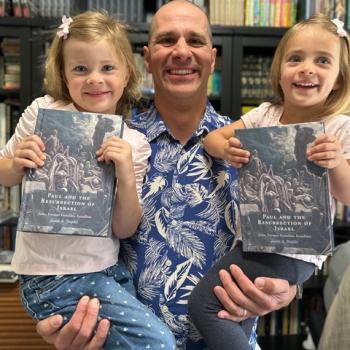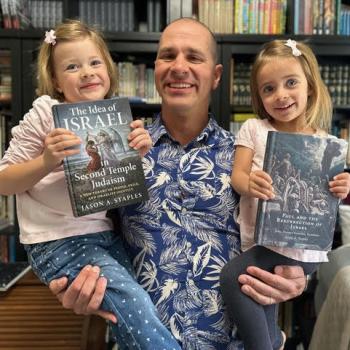A few weeks ago, I had the pleasure of attending D.C.’s AFI DOCS. For many, the annual, international documentary film festival is the closest thing you can get to a Hollywood red carpet experience on the east coast. With more filmmakers at the 5-day event than the city likely receives in an entire year, the film festival is the rare time when a city other than L.A. or N.Y.C gets the honor of premiering a number of films sure to be seen at next year’s Oscars, and it’s not hard to understand the choice of location.
Because documentaries are so often political in nature, utilizing the genre to inform or make a statement about one hot issue or another, hosting the event in the nation’s capital compliments the atmosphere of change and reformation, as such documentaries aim to achieve. What results is an experience closer to a TED conference than Sundance, but nonetheless one that brings to D.C. a more tangible Hollywood feel than anything else.
So knowing that the selection of films would largely play to location, I wanted to view as balanced a selection as possible. And while I wish I could say I was able to see more films than I did, due to the unfortunate truth that a lot of screenings were happening simultaneously at various locations (and I was not blessed with the ability to be in two places at once), what follows are the three films I was able to screen: An Honest Liar, Point and Shoot, and The Internet’s Own Boy.
#1 An Honest Liar
An Honest Liar, the story of James “The Amazing” Randi, who has been mastering the art of illusion and sleight of hand for more than half a century, begins with Randi’s own personal mantra: that he’s a magician who tells you he’s going to fool you, and then he does.
Starting off his career as a stage magician whose speciality included escaping from seemingly impossible situations (a la Harry Houdini), he soon took to humanitarian causes, using his expertise in deception to expose charlatans who claimed to perform “real” magic, and it’s the latter profession that occupies most of the film time.
As the documentary progresses, several major investigations are chronicled: Randi’s debunking of Uri Geller, James Hydrick, and Peter Popoff. The first two were magicians claiming to possess psychic powers such as bending forks, moving book pages and pencils without touching them, and being thousands of years old. The third one, however, took matters into Christianity and was by far the most depressing to witness.
Peter Popoff was a televangelist and self-proclaimed prophet whose “healing” services brought in an audience of thousands. He would call audience members by name to come up to the stage to be healed, and after thrusting them to the ground , would tell them to go ahead and throw their medicine on stage as they wouldn’t need it any longer. Naturally, it didn’t take long for Randi to take notice and investigate the claims of supernatural healing for himself.
With the help of a surveillance specialist, Randi intercepted a radio signal which revealed the “voice of God” to be none other than Popoff’s wife, who was relaying information about persons in the audience, their illnesses, and their street addresses as to Popoff as he “healed” the sick.
While the documentary was largely an inspiring and entertaining account of Randi’s life, the emphasis on the egregious Popoff case was extremely disheartening to watch and did no favors for an already increasingly negative view of Christianity in America.On the bright side, however, the topic did promote a faith-related question, and so after the showing when Randi and his partner Deyvi Peña took to the front, I was able to ask Randi a question of my own, though the answer I received was somewhat less than satisfying:
As someone of faith, it was very sad to witness the corruption of church leaders like Peter Popoff, so I was wondering, since you worked with other aspiring magicians — the other magicians in the Stanford experiment — did you ever, in a similar way, work with any church leaders to help debunk some of the ones like Popoff?
The church leaders were…they wanted to stay away from that…they just backed out of it. I thought that was very improper of them. I made some tentative offers towards them, but they know very well that I am an Atheist, and I’ve declared myself to be an Atheist, and I think for very good reasons. It’s not just because it’s something I choose. I think I have good reasons to be an Atheist. I’m not going to get into that now because that’s not the subject, but uh no, we did not get any help from any of the religious figures at all, though we should have, I believe.
#2 Point and Shoot
Point and Shoot is a documentary film about the unique story of Matthew VanDyke, an American who sets out to find his sense of manhood and finds himself in the middle of the 2011 Libyan Revolution. The film is told almost entirely through the eyes of VanDyke as he uses a GoPro to chronicle his adventure, which starts as just a motorcycling trip all over northern Africa and the middle east, until it eventually brings him straight into a war-zone.
During his travels abroad between 2007-2010, he forms lifelong friendships, some of which live in Libya. Fast forward to 2011 when the Libyan Revolution takes place, and VanDyke returns to Libya voluntarily to aid his friends. Shortly after the fighting begins, VanDyke is thrown in a Libyan prison where he remains for nearly 6 months until the prison is sieged and he is freed. In an extraordinary move that many would call foolish and insane, VanDyke decides to continue to stay in Libya to fight, rather than return safely to America. The majority of the film documents the events that take place after the imprisonment.
In between VanDyke’s own footage of his travels, director Marshall Curry interviews VanDyke and his loved ones who bring their own striking and personal accounts of the experience. It’s a powerful and thoughtful film that captures the feeling of isolation in a foreign country, as well as the tragedy and horrors of war to the degree of 2010’s Restrepo. Even more, the documentary is as intense and sobering as it is heartfelt and comical, and simply put, any documentary, whether involving war or not, should take notes from Point and Shoot.
#3 The Internet’s Own Boy
The Internet’s Own Boy is the tragic story of Aaron Swartz, an American computer programming prodigy who was hunted and demonized by the government for his unwavering stance that knowledge should be a right rather than a privilege.
The documentary begins with his early life and extraordinary achievements at a young age, some of which involved aiding in the development of web feed RSS at age 14, and co-founding Reddit at 17. As he grew older and possessed an astonishing number of successful internet ventures under his belt, he began a career in internet “hacktivism,” in which he sought political change regarding the fair use of information.
It was during this period that Swartz used MIT’s network to upload thousands of documents to the web, which he considered the public’s right to access. Unfortunately for Swartz, the government disagreed and charged Swartz with 11 violations of the Computer Fraud and Abuse Act, giving Swartz 35 years in a jail and $1 millions in fines. The extreme disproportionality of the charges in regards to the crime came on the coattails of wikileaks and individuals like Snowden. Truly, the film makes it clear that Swartz’s extreme punishment was the product of the government wishing to make an example out of Swartz to deter others from following in his footsteps, and paired with the response from Swartz’ friends and family, the film made a compelling case for the injustice of it.
Unable to cope with the extreme charges, Aaron Swartz ended his life on January 11th, 2013. Yet, judging by how fired up I became on an issue that I had previously not given much thought, I’m betting this powerful documentary will create the change Swartz fought to the end for. But even if you disagree with the stance that is fervently supported, watching the film is still a captivating and emotional experience, and in my opinion, was the best film out of the three.

